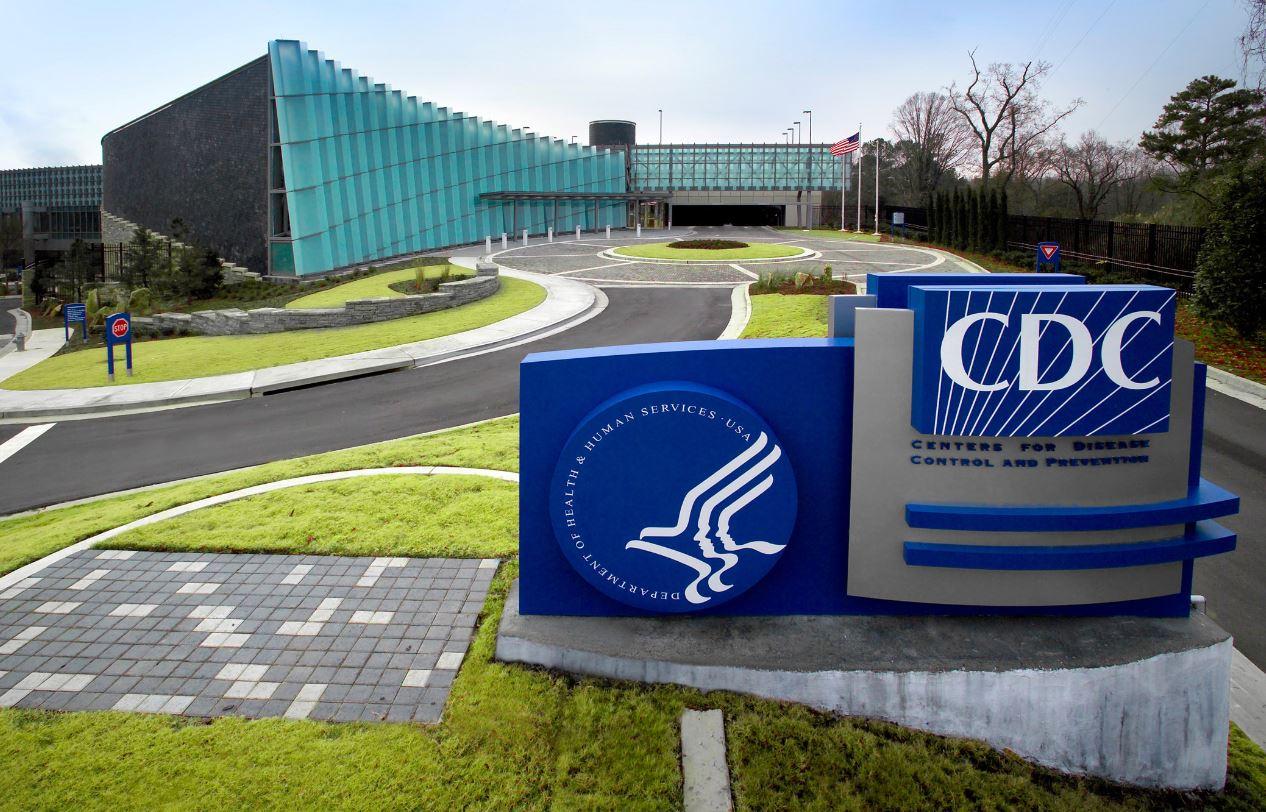A systematic review and meta-analysis of four randomized controlled trials (RCTs) indicates that 7 days of antibiotics is adequate for most uncomplicated gram-negative bloodstream infections, researchers reported late last week in JAMA Network Open.
The review, led by researchers at McGill University in Montreal, identified four RCTs conducted from May 2022 through November 2024 in which adults hospitalized with gram-negative bloodstream infections were allocated to 7 or 14 days of antibiotic therapy. The primary outcome was 90-day mortality. Risk ratios (RRs), 95% credible intervals (CrIs), and the probability of noninferiority were calculated using a prespecified upper bound of 1.25 or less.
Little difference in 90-day mortality
The four RCTs included 3,729 patients in the intention-to-treat (ITT) population (median age range, 67 to 79 years; 51.3% female) and 3,126 in the per protocol (PP) population. Most infections (90.8%) were caused by Enterobacterales species. In the ITT analysis, 226 of 1,884 patients (12.8%) receiving 7 days of antibiotics died within 90 days compared with 253 of 1,845 (13.7%) receiving 14 days of antibiotic, corresponding to an RR for 90-day mortality of 0.91 (95% CrI, 0.69 to 1.22) and a 97.8% probability of noninferiority.
In the PP analysis, the RR was 0.93 (95% CrI, 0.68 to 1.32), corresponding to a 95.1% probability of noninferiority.
"In this systematic review and meta-analysis, 7 days of therapy likely represent the preferred duration for uncomplicated Gram-negative bloodstream infections," the study authors wrote. "Future RCTs outside Enterobacterales bacteria and in populations that are more severely immunocompromised will be helpful in providing further evidence in support of shorter durations."




.jpg)














